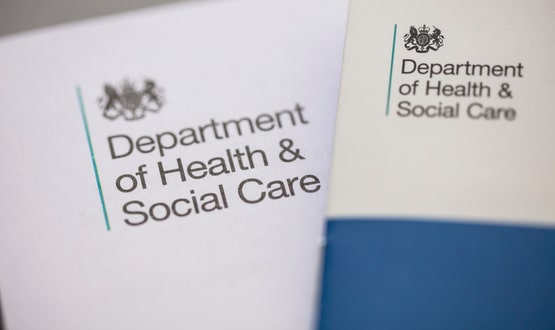Open Source: IT + GP Contract = Heady Cocktail
- 22 October 2003
 Roy Lilley, independent health policy analyst and author of “The New GP Contract – How to Make the Most of It!”, considers the cocktail created by mixing the new contract with 21st century IT. Will it leave us all shaken and stirred?
Roy Lilley, independent health policy analyst and author of “The New GP Contract – How to Make the Most of It!”, considers the cocktail created by mixing the new contract with 21st century IT. Will it leave us all shaken and stirred?
Of itself, the NHS IT strategy is no great shakes. Overdue, yes, will modernise the service, certainly. But, it will only get us to the stage that most chip shops and petrol stations are already at.
Of itself, the new GP contract is not earth shattering. It will link performance to quality and it will shift the balance of power to managers. But, it only moves primary care to the sort of managed environment that staff working in local branches of national companies take for granted.
However, put the two together and the results are staggering. I don’t think the big brains of Whitehall and the health barons at the BMA had any idea of what they were letting themselves in for when they agreed to all this. Policy meddlers, new legislation and the power of information management systems is a heady cocktail.
Think about the consequences of these four new developments. First the new contract breaks the link between the GP and the patient. Patients may only register with the practice, not the doctor. Second, the NHS’s intention to develop an electronic health record, stored in cyberspace and accessed by anyone with appropriate clearance.
Once that is in place we have the new Martini-style NHS. Patients can be seen by any doctor, anytime, anyplace anywhere. Third, payments under the new contract largely dependent on hitting quality targets. Fourth, the impact of the Freedom of Information Act 2000, which comes into full effect by 2005.
Mix those four facts together and you get a primary care service that looks very different. Patients will not be tied to a practice. They can be seen by ‘any’ doctor. Doctors’ performance against quality targets will be a piece of ‘declarable’ information under the Act and will be in the public domain.
Patients will be able to compare doctors’ performance and shift to a practice with better quality outcomes. As practices will be able to access health histories, electronically, there will be no barrier to patients moving around the system.
Practices will find themselves in competition for patients. Indeed, the freedom that new IM&T systems will give patients means it is entirely possible that NHS doctors and nurses could be working in Tesco, providing primary care services under a franchise arrangement. The future is about clicks, not bricks. Tesco would buy the franchise like a shot and the NHS would kill off the lunacy that taxpayers rent GPs surgeries but never see the benefits of the capital appreciation.
Is this all fantasy NHS stuff? I don’t think so. I have no doubt the new NHS IT strategy will be delivered, on time and in budget. IT Tsar, Richard Granger is not a man to mess with. I’ll bet my last shilling on him succeeding. If only a few more top NHS managers were half as good as him.
The one size fits all, gate-keeper role of the GP is a clapped out idea. Patients are prisoners of the present system. The future turns them into customers, taking their business where they are best suited and cared for.
For me, an occasional consultation in a surgery on a railway station is just the ticket. For my elderly mother, a long term relationship with a female GP, who understands her needs, is just what the doctor ordered. The fact that we are presently tied to the same practice makes no sense. Technology will make healthcare geography, history.
The concept of family practice is dead, its demise, good or bad, hastened by the unintended consequences of what is to come.
Roy’s book, “The New GP Contract – How to Make the Most of It!” can be ordered from: http://www.roylilley.co.uk




